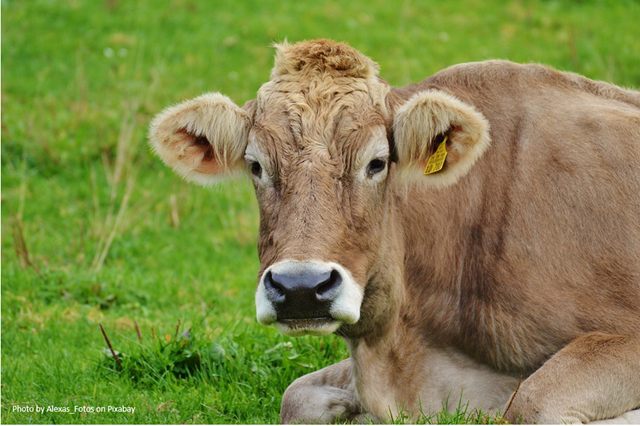
Date: 28 Sep 2021
European Commission propose binding measures and targets to reduce methane emissions by 2030
In October 2020 the European Commission presented the EU strategy to reduce methane emissions that sets out measures to cut methane emissions in Europe and internationally. The strategy presents legislative and non-legislative actions in the energy, agriculture and waste sectors, which account for around 95% of methane emissions associated with human activity worldwide.
In a report voted in the European Parliament’s environment committee on the 28th September 2021, MEPs called on the Commission to propose a new law to significantly reduce methane emissions across all sectors in order to remain in line with the Paris Agreement on climate change.
The committee called for mandatory monitoring, reporting and verification for all methane emitting sectors alongside mandatory leak detection and repair programmes that would cover the full supply chain in energy and petrochemical sectors.
They also called for a binding global agreement on methane at the COP26 climate summit in November. Many countries, like China, Russia and the US, emit far more methane than the EU and these emissions will need to be curbed if the world is to limit global warming to 1.5°C above pre-industrial levels.
The report will now have to be voted on by the full parliament. This is expected to take place in a plenary session between October 18 and 21.
EU Methane Strategy
The EU Methane Strategy adopted in October 2020 as part of the European Green Deal focuses on cross-sectoral actions as well as on specific actions in the energy, agricultural, waste and wastewater sectors to reduce methane emission within the EU and globally. The ENVI Committee is the lead Committee for an own-initiative report on the strategy.
One of the priorities under the strategy is to improve measurement and reporting of methane emissions. The level of monitoring currently varies between sectors and Member States and across the international community. In addition to EU-level measures to step up measurement, verification and reporting standards, the Commission will support the establishment of an international methane emission observatory in partnership with the United Nations Environment Programme, the Climate and Clean Air Coalition and the International Energy Agency.
The EU's Copernicus satellite programme will also improve surveillance and help to detect global super-emitters and identify major methane leaks.
To reduce methane emissions in the energy sector, an obligation to improve detection and repair of leaks in gas infrastructure will be proposed and legislation to prohibit routine flaring and venting practices will be considered. The Commission will engage in a dialogue with its international partners and explore possible standards, targets or incentives for energy imports to the EU, and the tools for enforcing them.
The Commission will improve reporting of emissions from agriculture through better data collection, and promote opportunities to reduce emissions with support from the Common Agricultural Policy. The main focus will be on best practice sharing for innovative methane-reducing technologies, animal diets, and breeding management.
Targeted research on technology, nature based solutions and dietary shift will also contribute. Non-recyclable organic human and agricultural waste and residue streams can be utilised to produce biogas, bio-materials and bio-chemicals. This can generate additional revenue streams in rural areas and avoid methane emissions at the same time. The collection of these waste products will therefore be further incentivised.
In the waste sector, the Commission will consider further action to improve the management of landfill gas, harnessing its potential for energy use while reducing emissions, and will review the relevant legislation on landfill in 2024. Minimising the disposal of biodegradable waste in landfills is crucial to avoid methane formation. The Commission will also consider proposing further research on waste to biomethane technologies.
The Commission will also review the Effort Sharing Regulation and will consider expanding the scope of the Industrial Emissions Directive to cover methane emitting sectors not yet included in its scope.
Methane
Methane is the second biggest contributor to climate change, after carbon dioxide. It is also a potent local air pollutant causing serious health problems. Tackling methane emissions is therefore essential to reaching our 2030 climate targets and the 2050 climate neutrality goal, as well as contributing to the Commission's zero-pollution ambition.